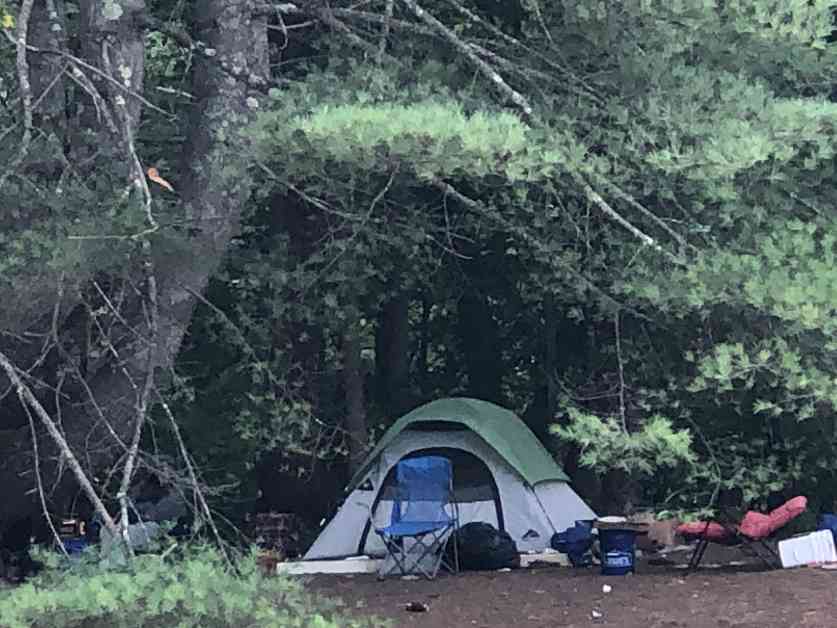Federal Court Decision on Homeless Camping Restrictions
In a recent U.S. Supreme Court decision, the criminalization of homeless camping was discussed, shedding light on the complexities of the issue. Falko Schilling, advocacy director for the American Civil Liberties Union of Vermont, and Frank Knaack, executive director of the Housing and Homelessness Alliance of Vermont, provided valuable insights during the ‘Recent Supreme Court Decisions Speaker Series.’
The Key Points
During the event, Schilling emphasized that the ruling in Grants Pass, OR v. Johnson, was not as broad as some may perceive. The Supreme Court’s decision favored the Oregon city’s ordinance prohibiting camping on public land, focusing on the act of camping rather than being homeless. Justice Neal Gorsuch’s majority opinion clarified this distinction, while Justice Sonja Sotomayor’s dissent highlighted the constitutional implications for homeless individuals.
The Implications
Despite disagreeing with the decision, Schilling noted that its impact might be more limited than feared. Constitutional protections such as property rights, due process, and free speech should safeguard unsheltered individuals from unfair treatment. Knaack echoed these sentiments, emphasizing the inhumanity and counterproductivity of criminalizing homelessness, especially in a state like Vermont with a significant unhoused population.
A Call for Action
Knaack highlighted the urgent need for governmental support in addressing homelessness, citing the gap between wages and living costs as a primary factor. Encampment sweeps were also criticized for disrupting vital connections between service providers and unhoused individuals. The discussion underscored the importance of a compassionate and effective approach to tackling homelessness in Vermont.
In conclusion, the ongoing speaker series aims to explore critical legal issues, providing a platform for informed dialogue and advocacy. As the community navigates complex social challenges, collaboration and awareness are essential in fostering meaningful change. Join the conversation and stay informed about upcoming events to contribute to a more inclusive and supportive society.



















